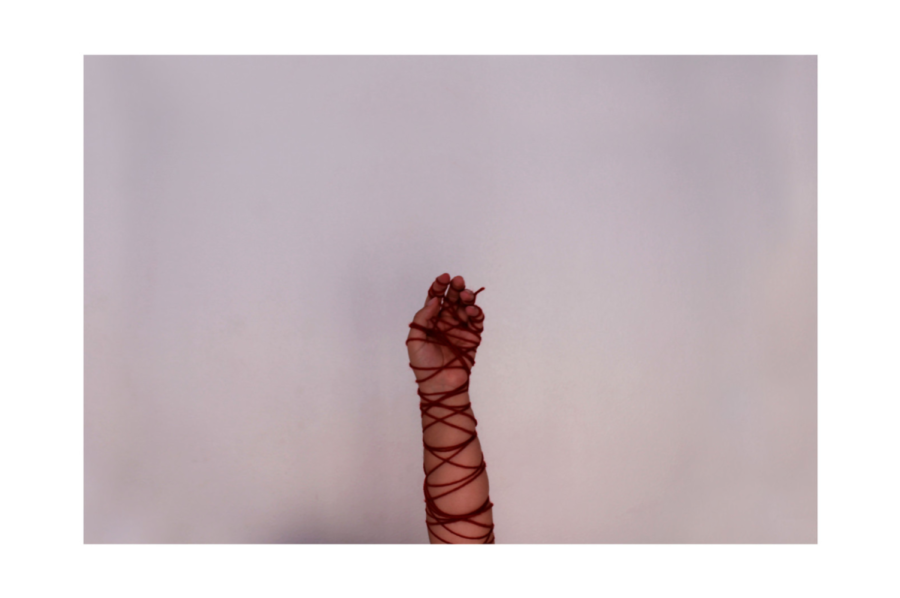Editorial: Who has the right
The ISD Editorial Board defines who has the right to say what a harmful and oppressive statement is and who doesn’t.
July 9, 2020
With more and more individuals in the United States becoming aware of their own prejudices and privilege, it is important to remember that people in marginalized communities still face harmful statements and actions.
These groups, whether they are Black, Indigenous or People of Color (BIPOC), members of the LGBTQIA+ community, women, possess a disability or are in some other way marginalized in the United States, come across instances in their daily lives that can be harmful to them.
The issue we are addressing as the Iowa State Daily Editorial Board is who can really claim if a statement is harmful.
For a long time in United States history, those within marginalized communities have not had the chance to make a statement defending themselves or calling out harmful statements made by those with privileged identities who have been in power, aka white men.
Now with more individuals with marginalized identities either in offices of power or with the ability to speak to their experiences through social media or other forms of media, society overall has been able to hear what is or what has been harmful and the ways to address it.
That still does not stop people with privilege from claiming that something isn’t harmful.
You can hear this when individuals with privilege say “your generation just can’t take a joke” when those individuals say clearly racist, homophobic, transphobic, sexist, xenophobic or otherwise harmful statements that “used to be accepted.” It is not that the younger generations cannot take a joke or that they are “snowflakes,” it is the simple fact that the statement made was intended to be harmful and, therefore, the statement is not an OK statement to be made.
The age of the statement does not matter.
The older meanings of the terms used in the statement does not matter.
The age of the person does not matter.
The “context” of the statement does not matter.
The only thing that matters is that someone felt attacked due to their marginalized identity, which was harmed in the statement. If that is the case, the statement should not be used, regardless of the feelings of the privileged individual using the statement.
One recent example of this is when individuals with privilege call COVID-19 or coronavirus the “China virus” or “kung flu,” both names equating the virus with China and people of Asian descent.
People who do not hold the marginalized identity of being of Asian descent have claimed this is not a harmful term and is just a way to equate where the virus is from. However, people who do hold the marginalized identity of being of Asian descent have said otherwise, and that the statement is actually harmful and has actually lead to hate crimes.
This gets to the heart of why this editorial is being written. If you do not hold the marginalized identity that is being spoken about in the statement you are making, you do not have the moral right to claim whether that statement is harmful to the marginalized community.
In other terms:
If you are white, you cannot claim something is racist or not.
If you are straight, you cannot claim something is homophobic or not.
If you are cisgender, you cannot claim something is transphobic or not.
If you are a man, you cannot claim something is misogynistic or not.
If you are not disabled, you cannot claim something is ableist or not.
If you are non-Muslim, you cannot claim something is Islamophobic or not.
Yes, any United States citizen has the right to say whatever they want through the First Amendment, but that is not what we are arguing about in this editorial. We are saying that a person who holds a privileged identity cannot tell a person with a marginalized identity that certain statements that relate to their marginalized identity are not harmful.
It seems the reason individuals who hold a privileged identity would claim a statement they said was not harmful, even though a person who holds the marginalized identity addressed in that statement says it was, would be one of two reasons: they are knowingly using it in a harmful way and do not want to face the consequences, or they are only interested in what comes out of their own mouths and only look to others with their same privileged identities for what is “right and wrong.”
We, as United States citizens, need to be better than this. We need to learn and appreciate the ways people are different from one another, because no one is the same, and one group is not superior to another group no matter how these groups were viewed in the past.
Individuals with privilege need to understand they will never know what it is like to be in the place of a person with a marginalized identity, no matter how hard they try or learn. All they can do is listen.
Listen to people with marginalized identities, listen to their stories, stories of happiness and hope and stories of pain and hardships. Listen to their dreams and goals, but most importantly listen to what they NEED.
When a person with a marginalized identity says a statement is harmful, listen to them and stop saying it. Do not ask why it is harmful, do not ask why you should stop, do not ask what authority they have to say it is harmful. Just hear that they are hurting and stop.







